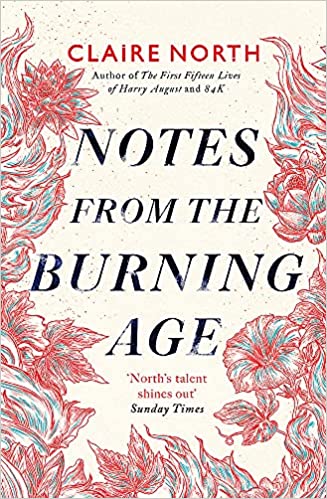What do you think?
Rate this book


416 pages, Hardcover
First published July 20, 2021
"When things are good, we find ourselves wondering - what more? And what will I lose if I do not get more now? It is a trait that pushed mankind across the oceans and out into space - what is out there, what else? It is one of our most beautiful qualities and has for millennia served us well in finding new ways to live better. But like all things, it is neither good nor bad, but what we make of it."
Those whose bowels didn't immediately open caught the cough that spread on the backs of the teeming, roaring, hungry flies that now rose up from the beds of mud that slathered the city, commuters flapping their way through the translucent swarm which fluffed into their hair and nibbled at the moist edges of blinking eyes